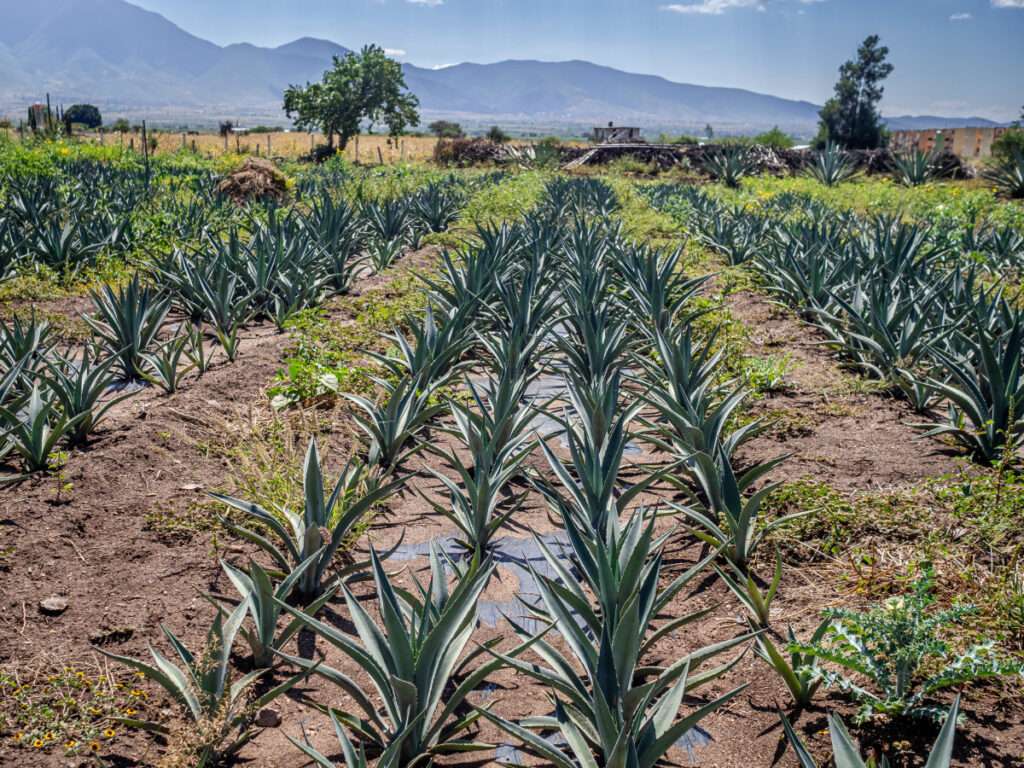
As the demand for Agave-based spirits continues to grow worldwide, it’s important to consider the impact that this trend is having on our planet and our local communities. Sustainable farming practices are crucial for ensuring a healthy and thriving planet for future generations. That’s why we are committed to creating a sustainable Agave industry in South Africa that supports local communities, protects our environment, and promotes social and economic equity.
La Tierra is a South African brand that goes beyond just offering a drink. It’s a tribute to the Agave plant and its unique terroir in the Karoo desert, a symbol of South African spirit, perseverance, and a commitment to sustainability and community. Although the producers don’t call their spirit Tequila due to legal restrictions, their dedication to crafting a high-quality, 100% Karoo Agave spirit has garnered attention both locally and internationally.

La Tierra’s founders’ mission was to build a successful business with a positive impact on the planet, and the Agave plant was the perfect choice. It grows in places where nothing else would with little to no resources needed for it to grow abundantly. The first Agave distiller in South Africa, Roy Maclachlan, was inspired to create something extraordinary after seeing the Agave plant growing abundantly in the Karoo.
One of the key benefits of the Karoo Agave is its ability to self-propagate, which means that it produces more “babies” that can be used for replanting. Agave is a highly sustainable plant because it is drought-tolerant, requires minimal fertilizer and pesticides, and can be harvested multiple times over several years.

The self-propagating nature of Agave adds to its sustainability by allowing farmers and producers to propagate the plant without relying on external inputs or resources. This helps to reduce the environmental impact of Agave production and supports the long-term viability of the plant.
Sustainable farming is crucial for future generations because it ensures that we are able to meet the needs of the present without compromising the ability of future generations to meet their own needs. With a growing global population and increasing pressure on our planet’s natural resources, it’s more important than ever to adopt sustainable farming practices that protect our environment.
The Agave plant is a versatile and sustainable crop with a range of uses beyond the production of Agave spirits. The leaves and fibers of the plant have been used for centuries in the production of clothing, rope, and paper.
The plant also has medicinal properties and has been used to treat a variety of ailments, from skin conditions to digestive issues. But perhaps most importantly, the Agave plant is a sustainable crop that requires minimal water and maintenance, making it ideal for arid regions like the Karoo in South Africa.

LTA is committed to protecting the planet by using sustainable farming practices that reduce water consumption, prevent soil erosion, and minimize the use of harmful chemicals. Our goal is to build a business that not only benefits our customers but also has a positive impact on the environment and future Agave brands.
We are proud to be part of a growing movement towards sustainable farming and consumption, and we hope that our efforts inspire others to join us in creating a brighter, more sustainable future for all.
By choosing our 100% Karoo Agave spirit, you can support local communities, protect the planet, and enjoy a high-quality spirit all at the same time. We should toast to the sustainable Agave plant and the wide range of ways it can be utilised in South Africa.

Share this article
Copyright La Tierra 2024